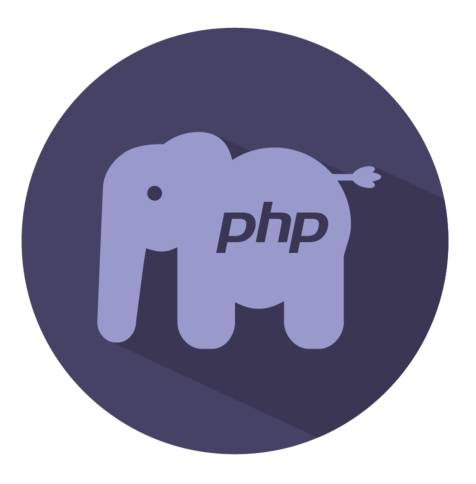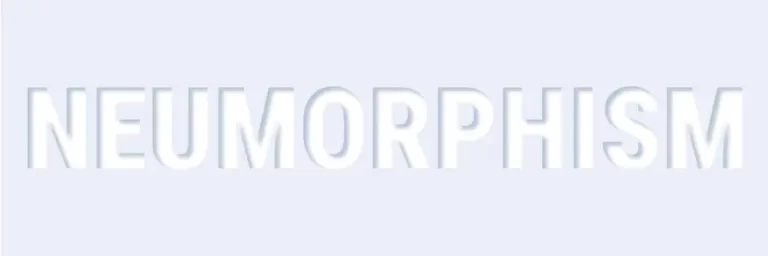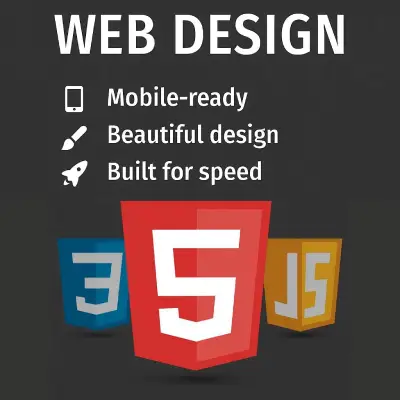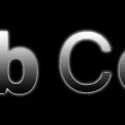Post at a Glance
PHP Guide
As web development evolves and new languages are developed , PHP remains a stalwart, powering a significant portion of the internet. Despite its age, PHP has undergone a remarkable transformation, shedding its outdated reputation to emerge as a robust, modern language. For developers, embracing Modern PHP practices is not just a choice but a necessity to stay competitive and deliver efficient, secure, and scalable applications.
This post dives into the latest trends, techniques, and tools that define contemporary PHP development, offering a compassionate guide for both seasoned coders and those new to the language.Whether you’re maintaining legacy code or building a fresh project, understanding these practices can transform your workflow. Let’s explore how PHP has matured, why it’s worth your attention, and how to implement these practices with confidence.
The Evolution of PHP and Why Modern PHP Practices Matter
PHP, once criticized for its quirks, has seen a renaissance with versions like 7.x and 8.x. The introduction of features such as type hinting, return type declarations, and the Just-In-Time (JIT) compiler has elevated its performance and reliability. This evolution makes Modern PHP practices essential for leveraging these advancements.
Gone are the days of writing spaghetti code with echo statements scattered everywhere. Today, PHP encourages structured, object-oriented programming (OOP) and functional paradigms. This shift not only improves code readability but also enhances maintainability a sympathetic nod to developers juggling tight deadlines and complex projects. By adopting modern practices, you reduce technical debt and create a foundation that can grow with your application.Consider this simple example of an outdated PHP script versus a modern approach:
// Old Way
$conn = mysql_connect("localhost", "user", "pass");
mysql_select_db("database");
$result = mysql_query("SELECT * FROM users");
while ($row = mysql_fetch_array($result)) {
echo $row['name'];
}
// Modern Way with PDO
$pdo = new PDO("mysql:host=localhost;dbname=database", "user", "pass");
$stmt = $pdo->prepare("SELECT * FROM users");
$stmt->execute();
foreach ($stmt->fetchAll() as $row) {
echo $row['name'];
}The modern approach using PDO offers better security (e.g., prepared statements prevent SQL injection) and is more aligned with Modern PHP practices.
Embracing Object-Oriented Programming in Modern PHP Practices
One of the cornerstones of Modern PHP practices is the adoption of OOP. Classes and objects allow developers to encapsulate logic, making code reusable and easier to test. PHP 8 introduced attributes and constructor property promotion, further streamlining OOP development.Here’s an example of a simple class using PHP 8’s constructor property promotion:
class User {
public function __construct(
public string $name,
public int $age
) {}
}
$user = new User("Alice", 30);
echo $user->name; // Outputs: AliceThis concise syntax reduces boilerplate code, a compassionate relief for developers tired of repetitive declarations. OOP also pairs well with dependency injection, a technique where services are passed into objects rather than hard-coded, enhancing testability and flexibility.
Type Safety and Modern PHP Practices
Type safety is a game-changer in Modern PHP practices. PHP 7 introduced scalar type declarations, and PHP 8 expanded this with union types and mixed types. These features help catch errors at development time rather than runtime, saving hours of debugging.
Consider this example:
function add(int|float $a, int|float $b): float {
return $a + $b;
}
echo add(5, 3.14); // Outputs: 8.14
// echo add("5", "3"); // TypeError: Must be int or floatBy enforcing types, you ensure your functions behave predictably, a sympathetic boost for teams working on large codebases.
Leveraging Composer for Dependency Management
No discussion of Modern PHP practices is complete without mentioning Composer, the de facto dependency manager for PHP. It simplifies managing libraries and frameworks, ensuring your project uses the latest, compatible versions.To install a package like Guzzle (an HTTP client), run:
composer require guzzlehttp/guzzleThen use it in your code:
require 'vendor/autoload.php';
use GuzzleHttp\Client;
$client = new Client();
$response = $client->get('https://api.example.com');
echo $response->getBody();This automation saves time and reduces errors, offering a compassionate hand to developers navigating complex dependencies. Always commit your composer.lock file to version control to ensure consistency across environments.
Testing is a critical aspect of Modern PHP practices. Unit, the leading testing framework for PHP, allows you to write unit tests to verify your code’s behavior. Here’s a basic example:
use PHPUnit\Framework\TestCase;
class MathTest extends TestCase {
public function testAdd(): void {
$this->assertEquals(4, 2 + 2);
}
}Run it with: bash
vendor/bin/phpunitIntegrating tests into a Continuous Integration (CI) pipeline (e.g., GitHub Actions) ensures code quality with every commit. This practice not only catches bugs early but also provides peace of mind, a sympathetic support for developers under pressure.
Performance Optimization with Modern PHP Practices
Performance is king, and Modern PHP practices offer tools to optimize your applications. The JIT compiler in PHP 8 can significantly speed up CPU-intensive tasks. Additionally, profiling with tools like Xdebug or Blackfire helps identify bottlenecks.Here’s how to enable JIT in your php.ini:
zend_extension=opcache.so
opcache.jit=tracing
opcache.jit_buffer_size=128MBenchmarking before and after optimization ensures you’re making informed decisions. This focus on performance is a compassionate gesture toward end-users, delivering faster load times and better experiences.
Security Best Practices in Modern PHP Practices
Security remains a top concern, and Modern PHP practices emphasize proactive measures. Use prepared statements (as shown earlier with PDO), validate all inputs, and leverage PHP’s built-in functions like filter_var():
$email = "user@example.com";
if (filter_var($email, FILTER_VALIDATE_EMAIL)) {
echo "Email is valid";
} else {
echo "Invalid email";
}Regularly update PHP and dependencies to patch vulnerabilities. Tools like Symfony’s Security Checker can scan for known issues. These steps protect your application and its users, a sympathetic priority for any developer.
Working with Frameworks and Modern PHP Practices
Frameworks like Laravel, Symfony, and CodeIgniter embody Modern PHP practices by providing structure and best practices out of the box. Laravel, for instance, uses an elegant ORM (Eloquent) and a robust routing system:
use App\Models\User;
Route::get('/users/{id}', function ($id) {
return User::find($id);
});These frameworks encourage clean architecture, dependency injection, and testing, making them ideal for modern development. Choosing a framework that aligns with your project’s needs can be a compassionate decision, simplifying complex tasks.
The Role of PHP Standards Recommendations (PSR)The PHP-FIG (Framework Interop Group) develops PSR standards, which are vital to Modern PHP practices. PSR-12, for example, defines coding style guidelines, ensuring consistency across projects:
<?php
declare(strict_types=1);
namespace App;
class Example
{
public function sayHello(): string
{
return 'Hello, World!';
}
}Adopting PSR standards fosters collaboration and maintainability, a sympathetic benefit for teams working remotely or across organizations.Future-Proofing with Modern PHP PracticesLooking ahead, Modern PHP practices involve staying updated with PHP’s roadmap. Features like enums (introduced in PHP 8.1) and fibers (in development) promise to further enhance the language:
enum Status {
case Active;
case Inactive;
}
$status = Status::Active;
echo $status->name; // Outputs: ActiveParticipating in the PHP community, attending conferences, and experimenting with new releases keep you ahead of the curve. This proactive approach is a compassionate investment in your skills and projects.
Embracing Modern PHP Practices with Confidence

Modern PHP practices offer a compassionate path for developers to build better applications. From OOP and type safety to Composer, testing, and security, these techniques transform PHP into a powerful tool for the future. By adopting these practices, you not only improve your code but also contribute to a more robust PHP ecosystem.
Whether you’re refactoring legacy code or starting a new project, integrating Modern PHP practices is a step toward efficiency and innovation. Dive into the examples, experiment with the tools, and join the community to see how far PHP can take you. Your journey with PHP is just beginning—embrace it with open arms and a modern mindset.
Related Posts:














